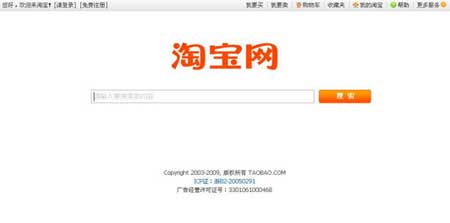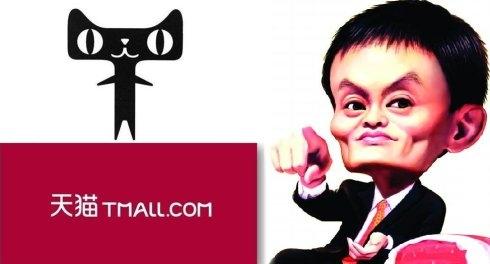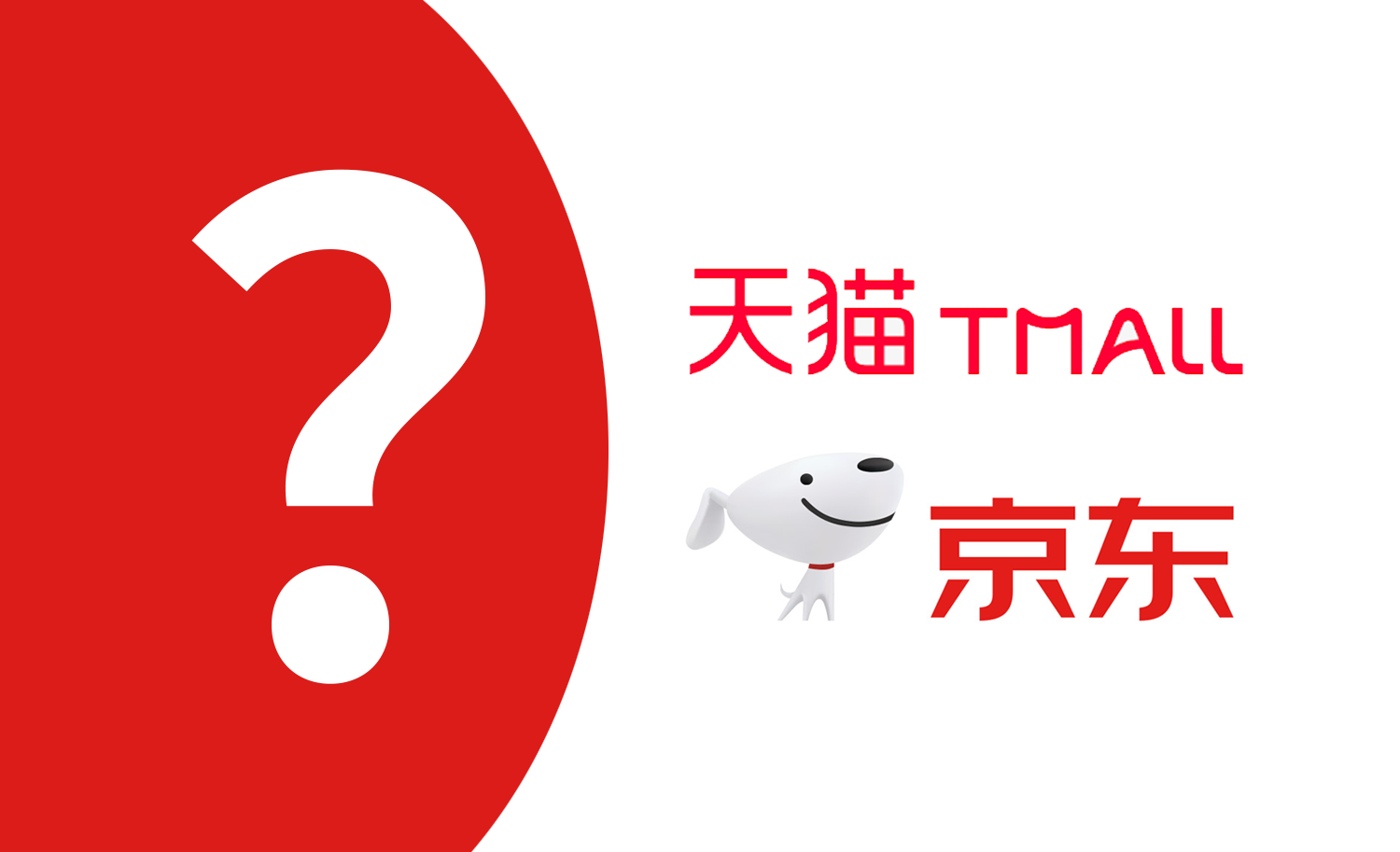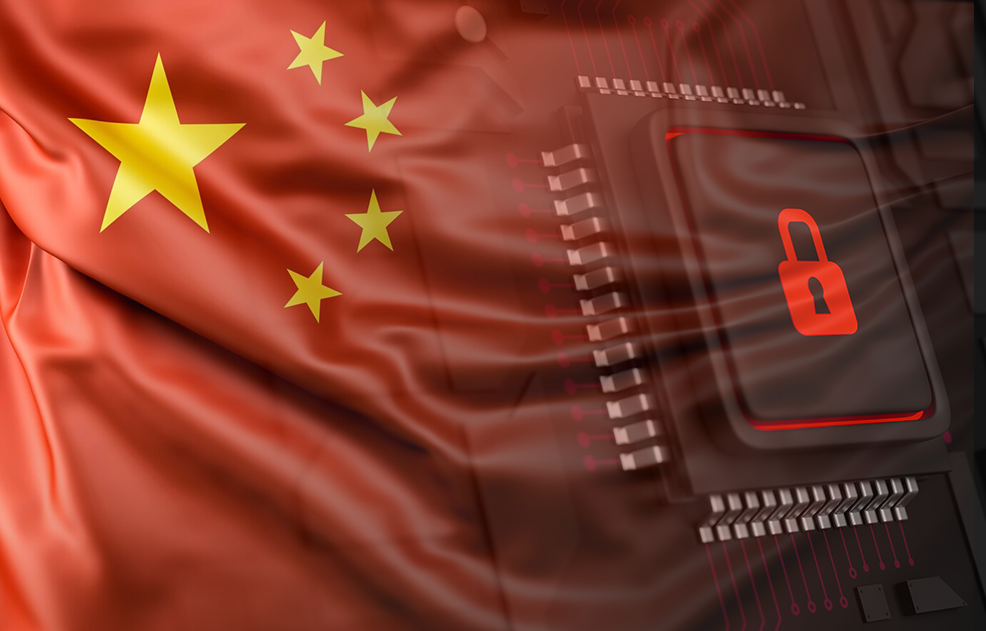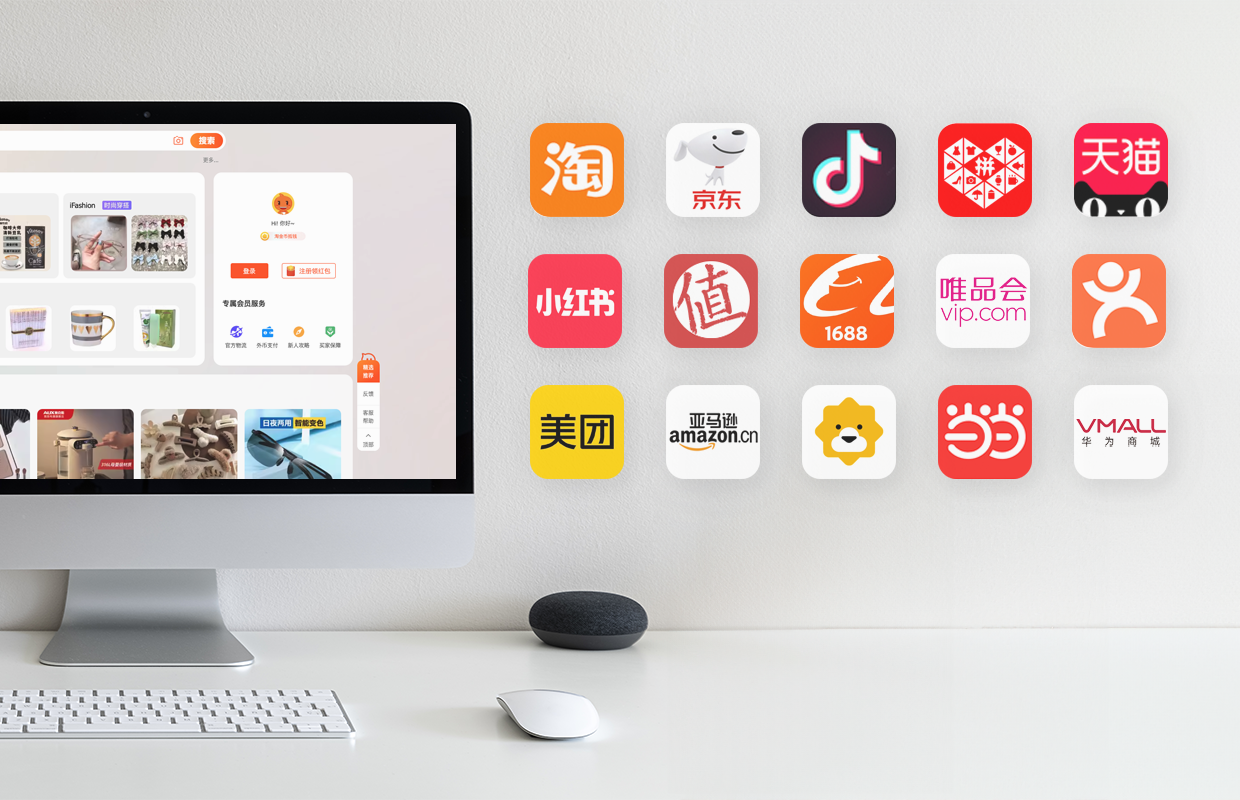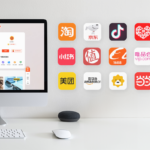Taobao: part of the Alibaba group (which also owns the popular business-to-business site Alibaba.com)—is by far the most important company to watch in China’s eCommerce landscape. More products were purchased on Taobao in 2012 than at China’s top-five brick-and-mortar retailers combined, making it the biggest retailer in China. The site boasts more than 800 million online products, of which 48,000 are sold per minute. Taobao achieved a peak one-day gross of RMB 19.1billion in merchandise volume on November 11, 2012 — Which total transaction for Tmall (B2C) is RMB 13.2 BIllion and Taobao (C2C )is 5.9 billion.
Though Taobao has been called the eBay of China by Western media, it differs from eBay in that it does not primarily sell used items. The overwhelming majority of products sold on Taobao are new. Many sellers are either suppliers who have not found success with other retail channels or distributors selling excess inventory.
A Network Effect
Taobao benefits from high consumer “stickiness” due to its bargain pricing (online shoppers claim to be able to find items that cost 25 percent less on Taobao than through other channels), its convenience, and a number of other unique features. One is its enormous pool of merchants. Though the site was a relative latecomer to China’s consumer-to-consumer market in 2003, it successfully captured more than 60 percent market share within two years thanks to its “free” strategy—it does not charge any registration or transaction fees. From there, it took off further as a result of a network effect: its large merchant pool made for high consumer traffic, which, in turn, attracted still more merchants, generating even more consumer traffic.
Shoppers are also reassured by Taobao’s customer service. It has the largest call center in the world, as well as an innovative instant-messaging tool called Taobao wang- wang that allows online merchants to communicate with consumers in real time. On average, every shop on Taobao has an amazing two to three customer-service representatives online at any given time, totaling millions.
Finally, Taobao’s seller-credibility rating system-—which allows buyers to rate and post feedback about vendors— creates a high level of trust regarding the products sold,generates word of mouth for the site, and makes the shopping experience on Taobao appealingly social and interactive.
Business Model Evolution
In an effort to diversify from its original no-fee model, Ali- baba launched Taobao Mall, or Tmall, in 2009 and is now strategically shifting resources to this new platform. The site mimics an offline mall, with different product categories offered on different virtual “floors,” storewide sales, and a loyalty points program. Tmall is more discerning than the original Taobao and offers better customer service and reliability. Participating merchants must be authenticated by the site and pay both registration and transaction fees. Many branded suppliers have already set up official stores on Tmall, either directly or through distributors.
The model is proving successful. There are now about 150,000 merchants and 200,000 brands on Tmall, selling to 180 million customers. Tmall achieved a peak one-day gross of RMB 13.2 billion on November 11, 2011—more than half of Taobao’s total transactions. Tmall benefits from synergy with the main marketplace site. Searches on Taobao automatically return Tmall shops, and the majority of Tmall users say they know about and trust the site because of Taobao. And while consumer perceptions of Tmall are still not as favorable as those of other business-to-consumer companies in terms of delivery and fulfillment services and reliability, they are quickly catching up and are a vast improvement over perceptions of Taobao in these areas.
In another step toward impressive diversification, Alibaba restructured Taobao in June 2011 into three separate companies: Taobao Marketplace, Tmall, and eTao (a service for searching across different Chinese shopping websites). The move should enable a more sophisticated consumer experience and give each of the three companies more nimbleness for future innovations. In light of Tao- bao’s huge customer base and enormous volume of traffic, all of these moves represent the potential for robust monetization.
( Resource: The World's next eCommerce superpower - The Boston Consulting Group )


